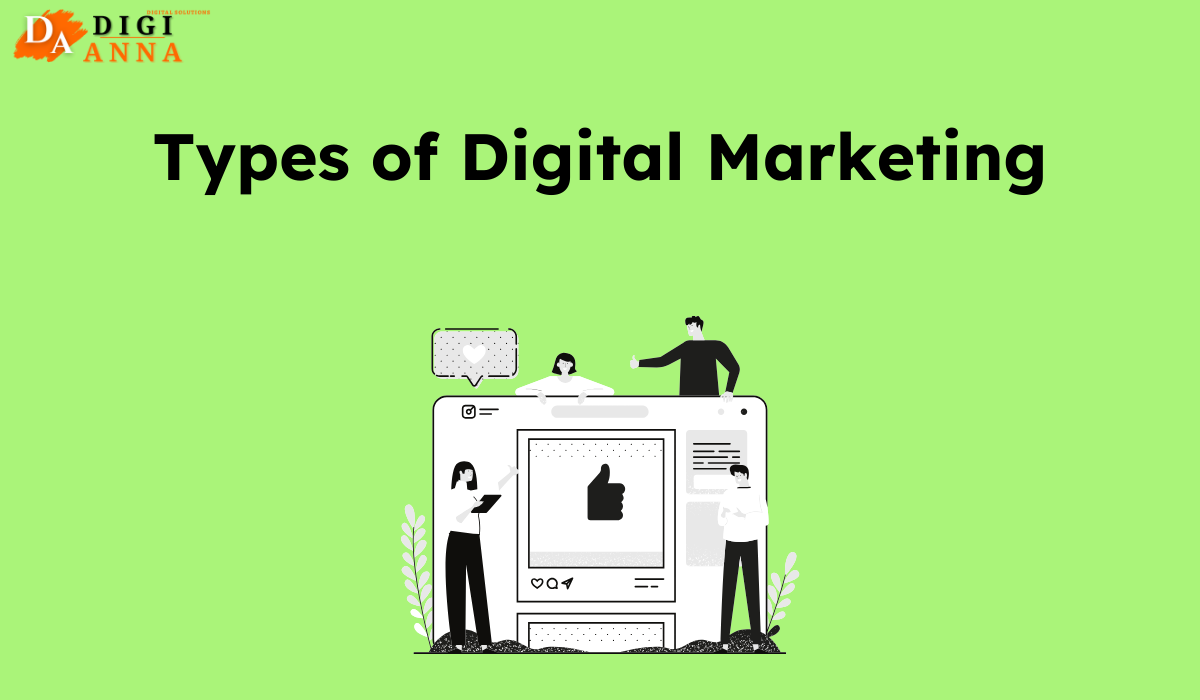Conversion rate measures the effectiveness of a website in turning visitors into customers or leads.
A conversion rate is the proportion of website visitors who complete a desired action, like buying something or submitting a form, among all visitors to your website or landing page. It’s a crucial metric in digital marketing as it measures the effectiveness of a website in converting visitors into potential customers or leads.
Conversion Rate = (Number of Conversions/Number of Visitors)×100
Understanding the different types can provide valuable insights into various aspects of a business’s performance.
A high conversion rate indicates that a website is successfully engaging its audience and persuading them to take the desired action. Increasing conversion rate is a primary goal for businesses aiming to maximize the return on their marketing efforts. This can be achieved through various strategies such as optimizing website design, improving user experience, crafting compelling calls-to-action, and targeting the right audience with relevant content.
However, it’s essential to consider industry benchmarks and the specific goals of your campaign. Regularly monitoring it allows you to make data-driven adjustments for continuous improvement.
Share this article with others


